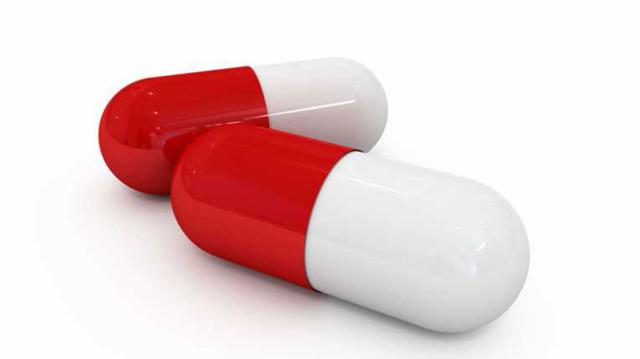From the sample of soil, the natural compounds found in Malasidinus have been discovered by US scientists, which will serve as new type of antibiotics.
Scientists at Rockefeller University in New York have found this compound. Their hope is that natural compounds can be used in future treatment of solid infections. This is said in a BBC report.
The experiments have shown that this compound acts against antibiotics resistant superbugs (drug resistant germs) MRSA-including (Meticillin-Resistance Staphylococcus aureus) against several other bacterial diseases.
This new research report has been published in the journal Nature Microbiology. Experts say that this new study stimulates new hope for antibiotics in the fight against germs
The biggest threat to global treatment is the drug-resistant germs (superbag) -led diseases. About seven million people die every year due to this disease. In today's world, it is important to discover the new medical practice against this superbag.
There are millions of microorganisms on the ground. So there is a possibility of having a large amount of compounds in the treatment of new antibiotics on the ground. And the team led by Sean Bradley of Rockefeller University in New York has been busy finding that. The team uses gene sequencing methods to analyze more than 1,000 soil samples analyzed in the United States
When the team finds maladyins in many samples, then it seems to them that it is a very important discovery. They transmitted the drug-resistant Superbag MRSA in the mice and later carried out the test of malicious compounds on the rats. They found that the mouse was released from the superbag infection.
Researchers are now working to increase the effectiveness of these drugs in the hope of using human treatment. "It is not possible to tell when the use of antibiotics like malicious diets can begin," said researcher Brady. It's very basic. After the initial discovery, we have to travel a much more difficult way. '